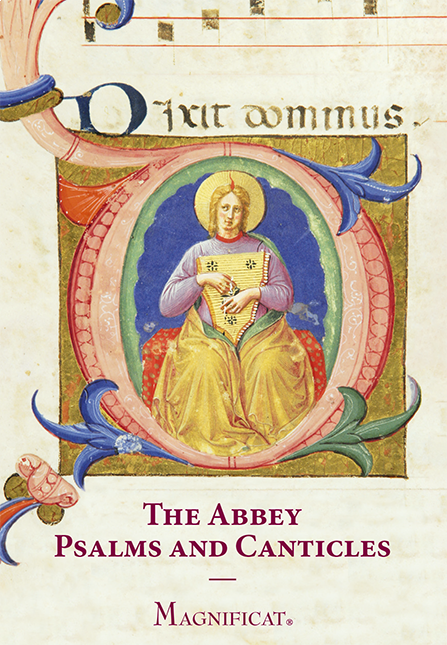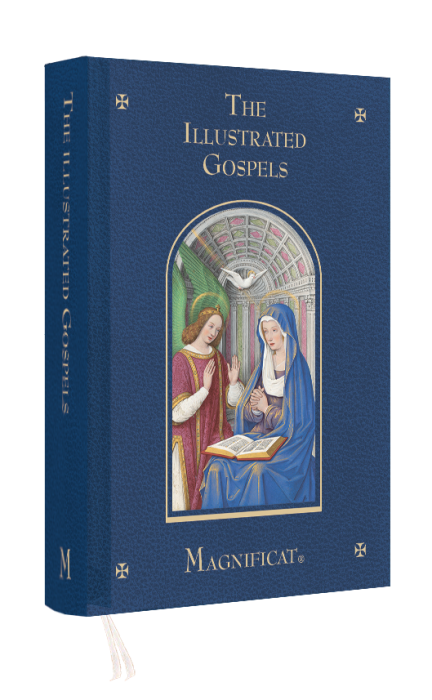First Holy Communion is one of the most famous of all religious events—even among non-Christians. The importance that Catholics rightly attribute to First Communion reflects the unity and coherence of the sacramental life of the Church. The Catechism of the Catholic Church explains that, through baptism, a person truly becomes “a child of God.” Consequently, a baptized person is admitted “‘to the marriage supper of the Lamb’ and receives the food of the new life, the body and blood of Christ” (CCC 1244). There is an intrinsic connection between baptism and the Eucharist.
The reception of Communion necessarily requires the sanctifying grace and the sacramental character of baptism. Unbaptized persons are not spiritually or sacramentally equipped to receive Communion. Conversely, baptism is ordered to the fruitful reception of the Eucharist. All baptized persons—whether they realize it or not—are in a sense oriented to Jesus in the Most Holy Sacrament of the Altar.
Baptism—the very first sacrament—introduces us to the sacramental life of the Church. Each sacrament is an instrument through which we truly—not just symbolically!—meet Jesus. And because Jesus is truly present in Holy Communion, each of the other sacraments points to the Most Blessed Sacrament.
Those familiar with the different rites of the Catholic Church are aware that the age of a baptized child’s First Communion can vary. The Western Church, as the Catechism explains, “reserves admission to Holy Communion to those who have attained the age of reason.” Nonetheless, the ordering of baptism to the Eucharist is clear even in the baptismal ceremony—which concludes with the newly baptized child being brought to the altar, while the Our Father is prayed. Even from the very beginning of his or her sacramental life, an infant is brought near to the Eucharistic altar. “The Eastern Churches maintain a lively awareness of the unity of Christian initiation by giving Holy Communion to all the newly baptized and confirmed, even little children” (CCC 1244). We notice, then, that in both the Western and the Eastern Churches the sacrament of baptism points to the Most Blessed Sacrament.
The absolute importance of the sacraments explains why parents dress their children in beautiful and formal clothing for their First Holy Communion. Our First Communion is one of the most precious of all earthly moments. It is not just another “ceremony.” Through First Communion, we sacramentally receive—for the very first time—Jesus himself. Our Lord instituted each of the sacraments so that we would be able to receive him—and not just once, but regularly and throughout the course of our lives.
Thus, let us thank God for the precious gift that is our baptism. Let us also give thanks for our First Communion. Finally let us work to ensure that our children, our grandchildren, and even our friends appreciate what the sacramental life of the Church does for us. Jesus truly comes to us in the most Blessed Sacrament of the altar. And we were all baptized so that we would be able to receive our sacramental Lord in Holy Communion—and live with him forever in heaven!








